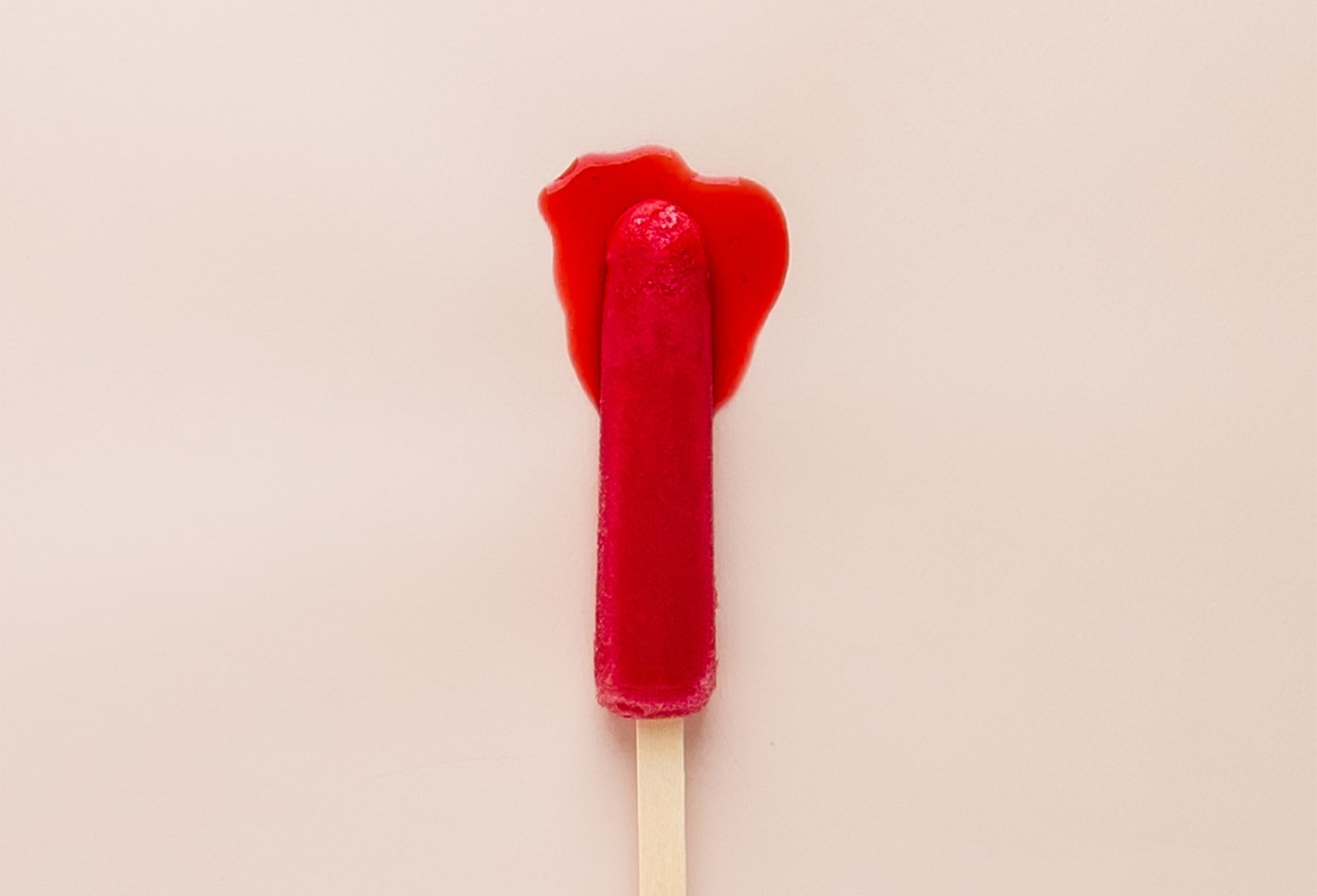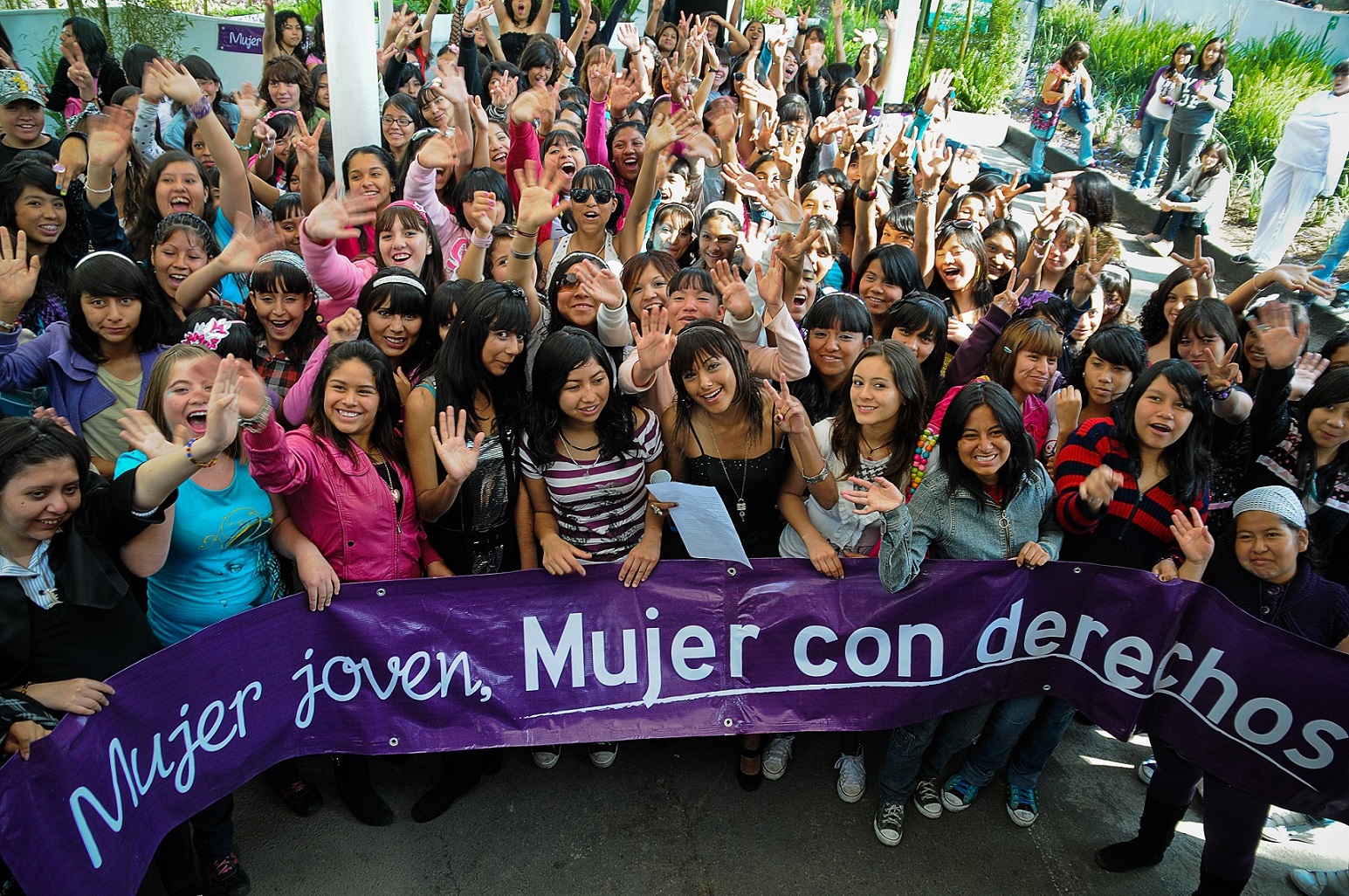The average woman will use at least 12,000 disposable tampons, pads and panty liners over the course of their lifetime.
As the vast majority of these products contain plastic, period waste has a drastic impact on the environment—4.5 million waste products are flushed down the toilet every day, and litter pickers find six pieces of such waste for every 100 meters of beach.
The items typically also use cotton as their absorbent material, which requires a harrowing 5,000 litres of water per kilo.
Three students at the University of Southern Denmark (SDU), Frederikke Dahl, Simone Westergaard and Emilie Søby Eriksen, were concerned by how difficult it was to find alternative sanitary towels and tampons in shops.
“I am very focused on sustainability, but when it comes to menstruation, I do not feel I have the option of making a sustainable choice that also meets my demands for comfort and hygiene,” Dahl said, as quoted in a press release on the SDU website.

(l-r) Mewalii founders Emilie Søby Eriksen, Simone Westergaard and Frederikke Dahl
“The recycled band of fabric [for sanitary towels] only lasts a few hours before changing,” she added in an interview with TV2. “And then there are menstrual cups too, but they don’t work for everyone because they don’t always sit well and hold tight.
“So we wanted to do something in between, which also has low CO2 consumption.”
So alongside Eriksen, both of whom graduated with a degree in Integrated Design, and Westergaard, who is studying Sports and Health, they decided to create their own sustainable solution from plant fibres. The trio stresses the end result is “just as absorbent” as conventional sanitary towels.
‘Three grams of plant fibres, which is what one of our sanitary towels typically contains, absorbs 50 grams of liquid,” Westergaard tells SDU. “During a typical menstrual period, women bleed an average of 50 grams of fluid throughout the entire menstruation, so the sanitary towel fully meets normal needs.”
The students spent more than six months studying existing research and testing the absorbency, water consumption and chemical consumption of different plant fibres. These were drawn from the long stems of plants such as nettles, but the team is reluctant to announce the exact composition of the products until a patent is secured.
Eriksen stresses that it’s very important for the team that the plant fibres are grown in Europe, to avoid long shipping. They’re also proud that the product uses “five times less water” than cotton.
The trio now has an office at the SDU Cortex Lab and are seeking contacts in production to develop their prototypes. They’ve created a start-up to commercialise the product, Mewalii, with the aim to sell the sustainable femcare through a subscription scheme.
“We think we are at a point where we have a product with a lot of potential,” Westergaard adds. “Now we have to get a patent, put it into production, and then we have to convince investors that we have a really good business here. But we’ve simply encountered so much goodwill and help, so we really believe in it.”
The trio expects to have a final prototype by the end of 2020.




